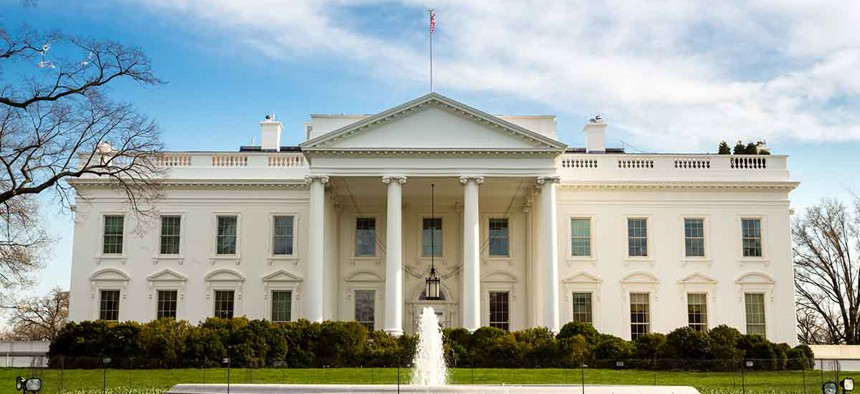Report: 'We the People' Online Petitions Don’t Do All That Much

vichie81/Shutterstock.com
White House's online petition platform has seen 38.5 million signatures on over 473,000 petitions.
The White House's online petition platform, We the People, has racked up tens of millions of signatures on hundreds of thousands of petitions, but they haven't had much impact, a new report suggests.
Between 2011—when the site was unveiled—and 2016, about 38 million signatures have been attached to 473,000 separate petitions, according to a report from the Pew Research Center's Internet, Science & Tech arm. About 48 percent of those were related to civil and human rights, and the most popular topics included health care, military and veterans affairs, immigration and gun control.
But the White House has only identified three of those petitions that appeared to be directly linked to federal action, one of which led to President Barack Obama appearing on the HBO television show "Real Time with Bill Maher," according to Pew's report.
» Get the best federal technology news and ideas delivered right to your inbox. Sign up here.
Of the petitions that had direct impact, one prompted the president to sign a bill into law that prevented phone companies from locking their phones so customers couldn't switch other carrier companies. Another encouraged the White House to support state laws that would ban "conversion therapy," or so-called treatments designed to make LGBT populations heterosexual.
About 8 percent of submitted petitions related to health care, though their missions varied. One petition that received about 64,000 signatures urged for the repeal of Obamacare because it could force employers to cut jobs. Another focused on allowing advanced practice registered nurses to practice medicine without physicians.
We the People was created as part of the Obama administration's Open Government Initiative. Upon its debut, the White House said it would respond to any petitions that met a threshold of 5,000 signatures, though that number has incrementally increased to 100,000.
A White House policy increasing the signature threshold for response has meant that over the past few years, significantly fewer petitions are receiving responses. When the threshold was 5,000, about 44 percent received responses; at 25,000, about 9 percent met the requirement, and at 100,000, where it is today, just about 2 percent do.
Responses used to be written by named authors: In 2012, 95 percent were written by specific individuals (such as Paul Shawcross' reasons why the U.S. won't build a Death Star); that's down to about 8 percent, with the remaining responses written by anonymous We the People teams.
Accordingly, response times have decreased. In 2011, the White House took about 133 days to respond; it takes a little over a month in 2016.
The White House has also encouraged outside groups to use other petition platforms to republish We the People petitions, according to a White House blog post published Wednesday. The White House also has hosted hackathons encouraging outside developers to think of new ways to use the site.





